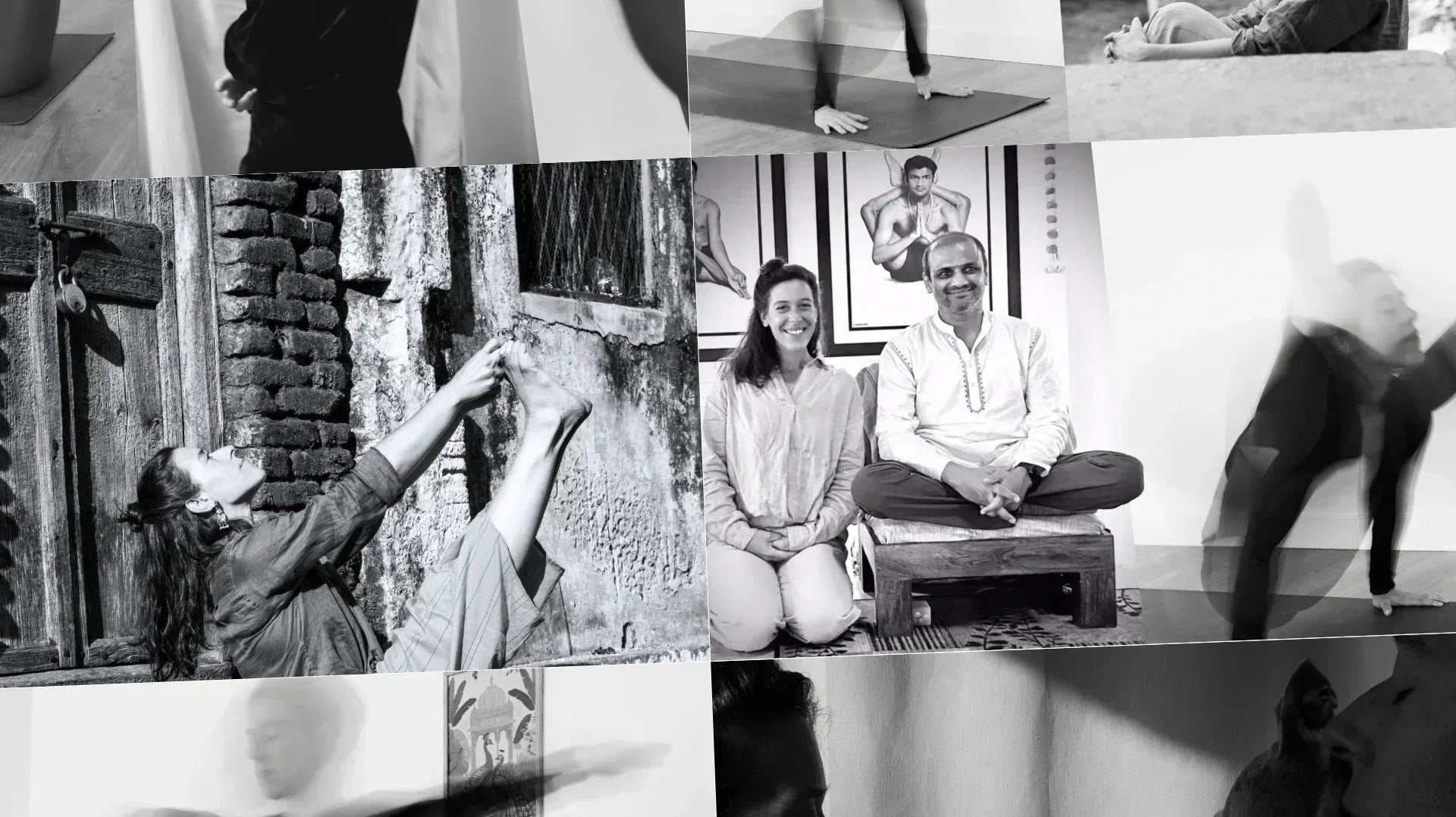What does "living in the moment" truly mean? This phrase, so popular in contemporary culture, has its roots in the timeless teachings of the Yoga Sutras of Patanjali. However, its real meaning is much deeper than we might imagine because... the expression "living in the moment" assumes we have already developed the ability to understand and experience the present. But is this truly an innate skill?
In the Yoga Sutras, Patanjali invites us to reflect on the "now," considering it as part of eternity. And that is a profound statement. Understanding and inhabiting the present is not merely a mental challenge but a skill that requires constant practice.
The mind, like a river, flows incessantly through thoughts, memories, and projections, never stopping. However, with practice, we can learn to create moments of pause—small pools of calm between thoughts. It is in these intervals that the true meaning of the "now" is revealed: a state of full presence, free from the weight of the past and the anxiety of the future. That, in essence, is what "living in the moment" means from the perspective of yoga.
The mind, like a river, flows incessantly through thoughts, memories, and projections, never stopping.
So, how can we train our minds to cultivate this full presence? Yoga offers practical and transformative tools: meditation, pranayama (breath control), and concentration. These practices teach us to observe our thoughts without judgment, to return to our breath when the mind wanders, and to ground ourselves in the present moment with clarity and equanimity.
Yoga offers practical and transformative tools: meditation, pranayama (breath control), and concentration.
In essence, the ability to live in the "now" is not a talent reserved for a select few but an art that we can all learn. It is a conscious practice that, over time, can transform not only our perception of time but also the way we live our lives.




